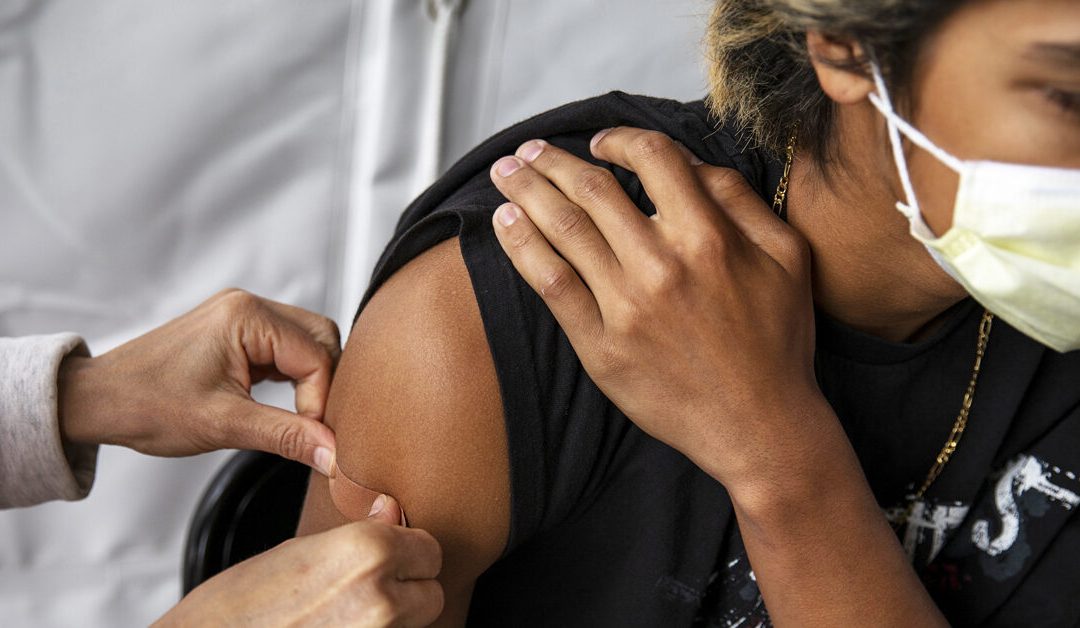The shots, though thoroughly tested and evaluated for
As a result, many parents initially took a “wait and see” approach. And though COVID-19 vaccinations have been increasing among children, the overall rates remain lower than what public health experts hoped for.
Vaccination rates are higher among older children — 56 percent of kids ages 12 to 17 have received both shots and 66 percent have received one dose.
“Most parents are more accepting of the vaccine now than they were a year ago. With over 50 percent of the 12- to 18-year olds vaccinated, more and more parents are talking to each other, which helps build community confidence,” said Dr. Molly O’Shea, a pediatrician and member of the HHS COVID Faculty for the National Preparedness Team.
Dr. Lisa Doggett, senior medical director for HGS/AxisPoint Health and a fellow with the American Academy of Family Physicians’ Vaccine Science Fellowship, says many parents held off on having their child vaccinated soon after the shots were authorized for children.
They took a “wait and see” approach to first observe how other children in their communities responded to the vaccine.
Recently, there’s been an uptick in COVID vaccinations among kids.
Sixty-one percent of parents with kids ages 12 to 17 recently said their child has received at least one dose, which is up from 49 percent in November 2021.
Additionally, one-third of parents with kids ages 5 to 11 say their child has received one dose, which increased from 16 percent in November.
“As more and more COVID-19 vaccines have been administered to kids, parents have become more comfortable getting their own kids vaccinated,” Doggett told Healthline.
Dr. Zachary Hoy, pediatric infectious disease specialist at Pediatrix Nashville Pediatric Infectious Disease, says parents of his patients mainly express concerns about the side effects of the shots and aren’t convinced kids need to be vaccinated, since they generally have less severe symptoms than older children and adults.
According to Doggett, parents seem more concerned with the risks of the shot rather than the risk of infection in children.
She said she was surprised that so many parents have been hesitant considering many are comfortable with routine childhood vaccinations.
“I understand these reasons, but unfortunately, vaccine hesitancy is a real public health threat that is contributing to further spread of the virus and prolonging the pandemic,” Doggett said.
This content was originally published here.

